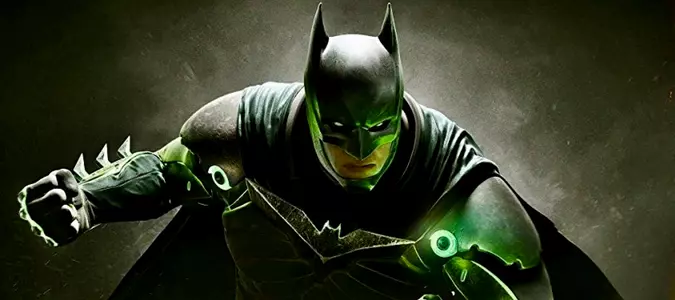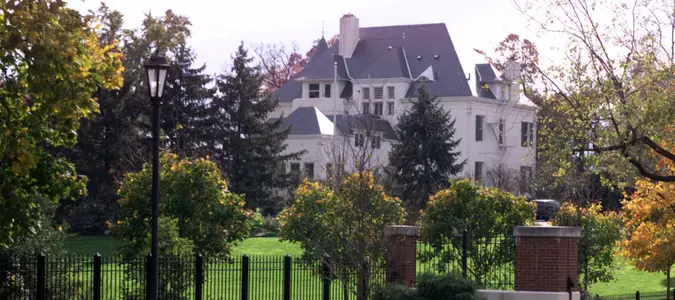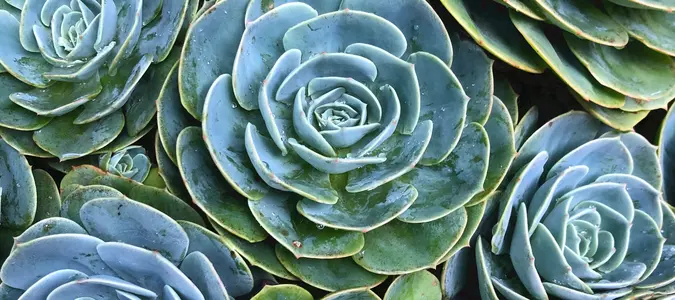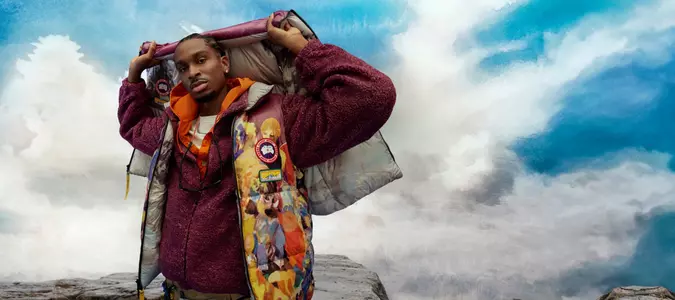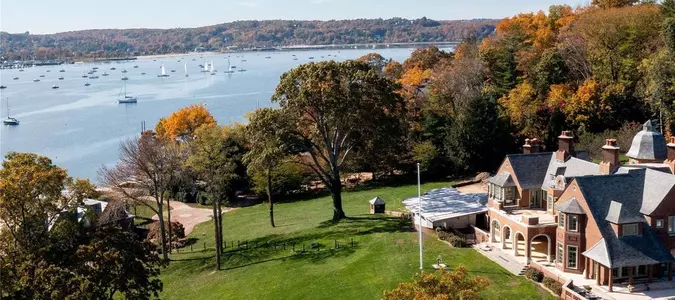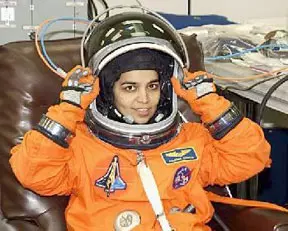

Kalpana Chawla's Journey from India to Outer Space
Kalpana Chawla's journey from Karnal, India, to the stars as a NASA astronaut captivates not just those interested in the sciences, but all who admire perseverance. The first woman of Indian origin in space, her story is a poignant reminder of the heights that can be reached through determination and hard work. Tragically, a final mission in the 2003 Space Shuttle Columbia ended her life, but her legacy endures and inspires a new generation of scientists and dreamers.
In celebration of Asian-American and Pacific Islander heritage month, swipe ahead to read more about astronaut Kalpana Chawla.
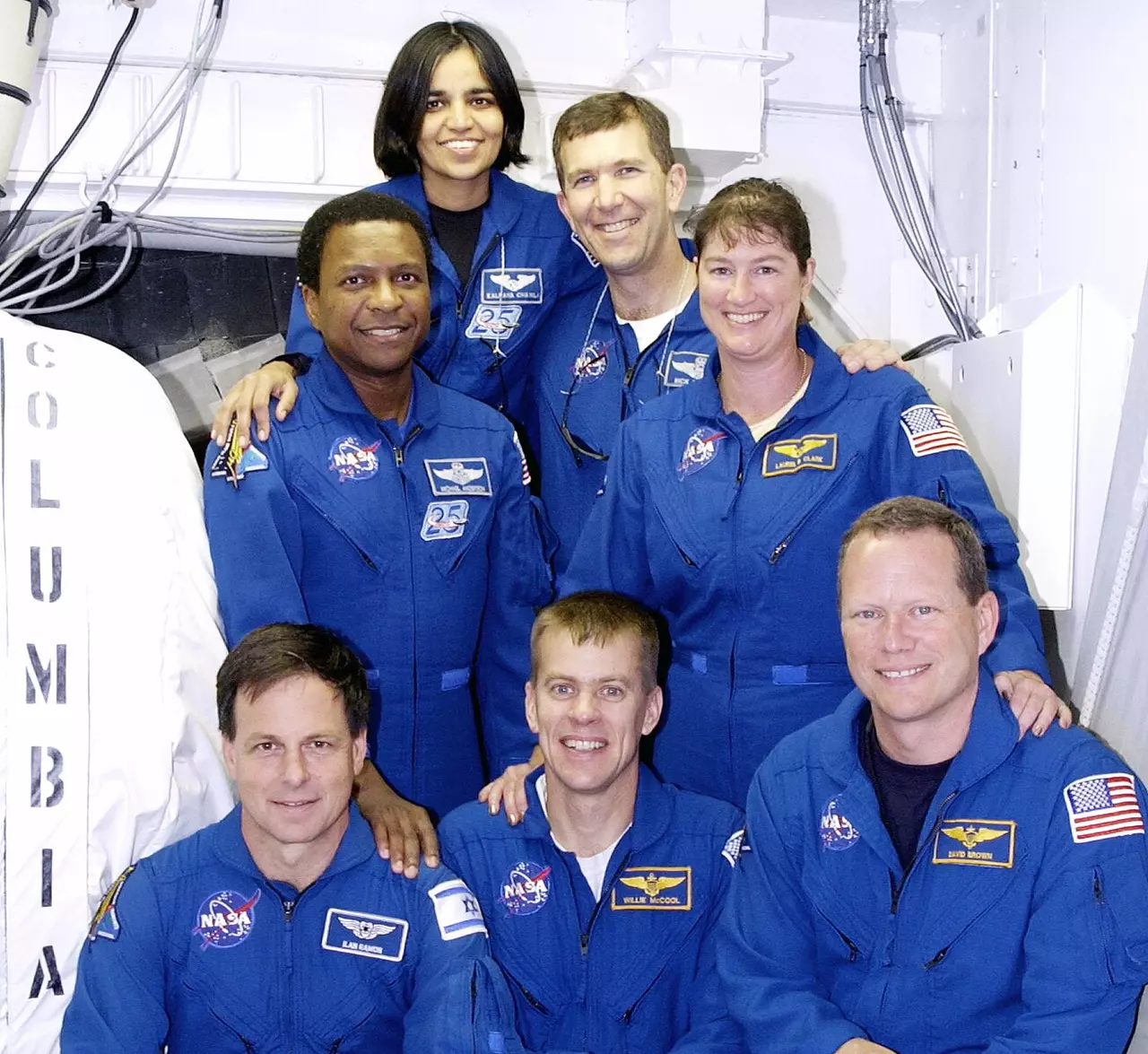
Born in Karnal, India, Kalpana Chawla nurtured dreams of flying high from a very young age. She pursued aerospace engineering, a field dominated by men, and held on tight to her determination to break barriers. Her move to the United States to further her education marked the beginning of an extraordinary journey into space exploration.
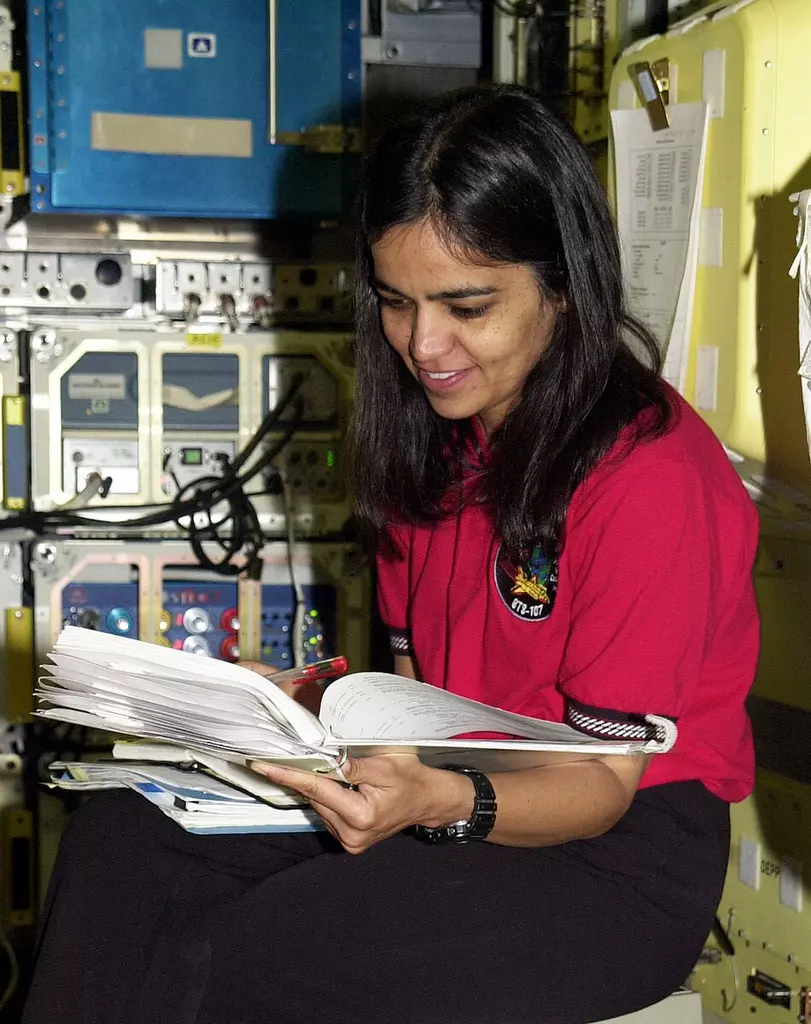
Chawla excelled in her studies,— she earned a PhD in aerospace engineering from the University of Colorado. Her research focused on fluid dynamics, which has applications in spacecraft design and operation. This academic foundation paved the way for her groundbreaking work at NASA, where she joined the astronaut corps in 1995.

Kalpana Chawla’s first space mission on the Space Shuttle Columbia in 1997 made her an icon across the world. She logged over 376 hours in space while conducting experiments that contributed to our understanding of the universe. Chawla is the first woman of Indian descent to travel to outer space.
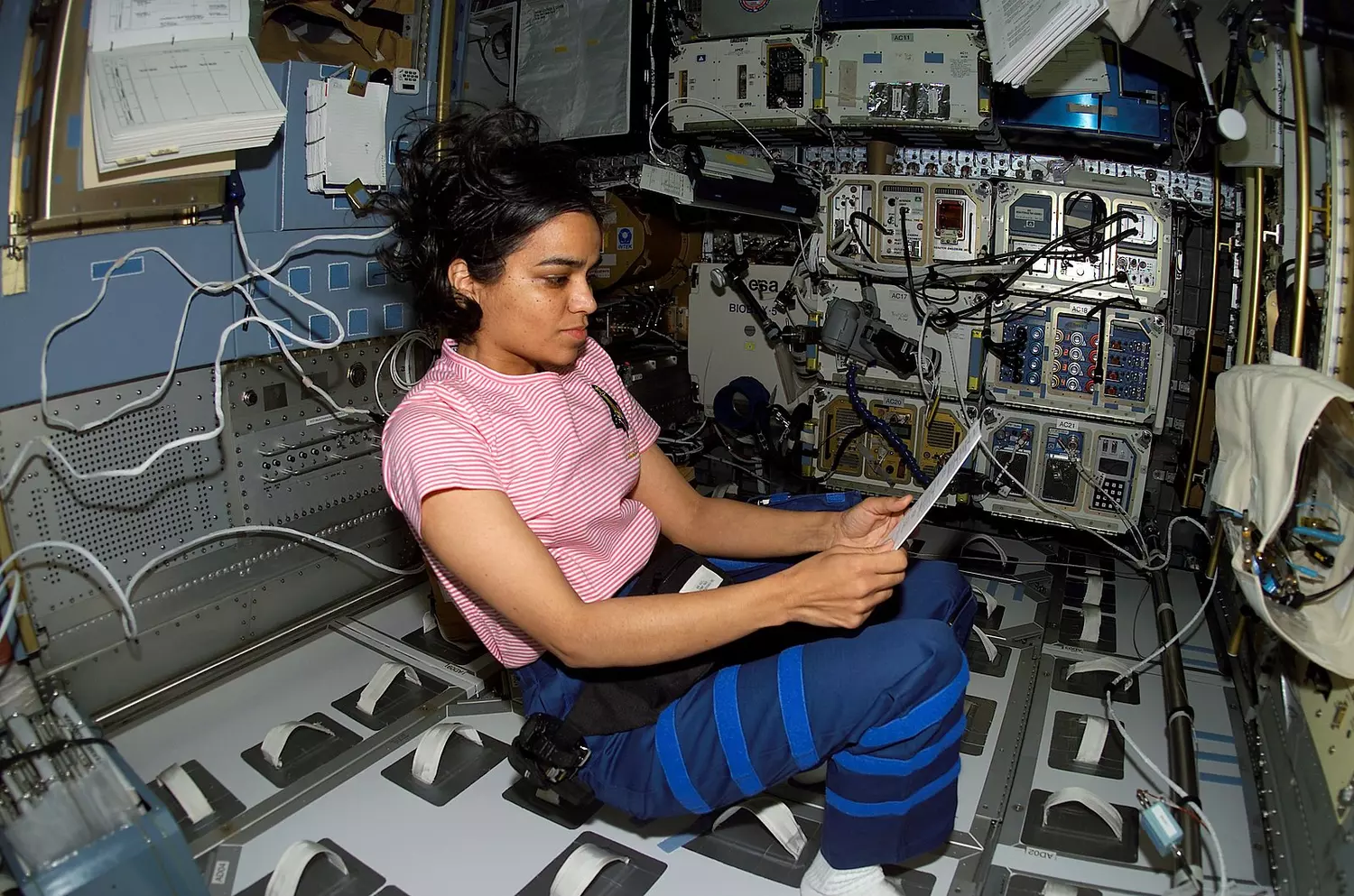
Chawla’s final mission in 2003, again aboard the Columbia, was dedicated to various scientific experiments, including research on atmospheric pollutants. Tragically, the mission ended in disaster during re-entry.
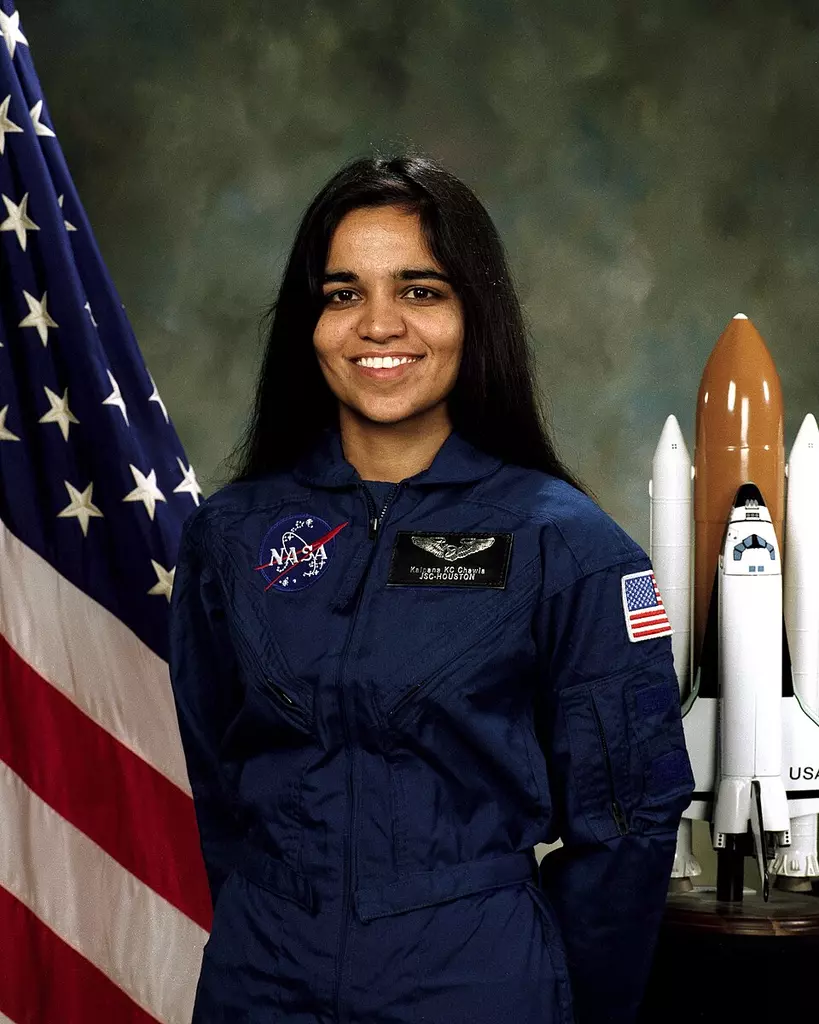
The legacy of Kalpana Chawla transcends her achievements in space — she is a symbol of courage and limitless potential. Schools, scholarships, and institutions around the world bear her name, encouraging young girls to pursue careers in STEM.


